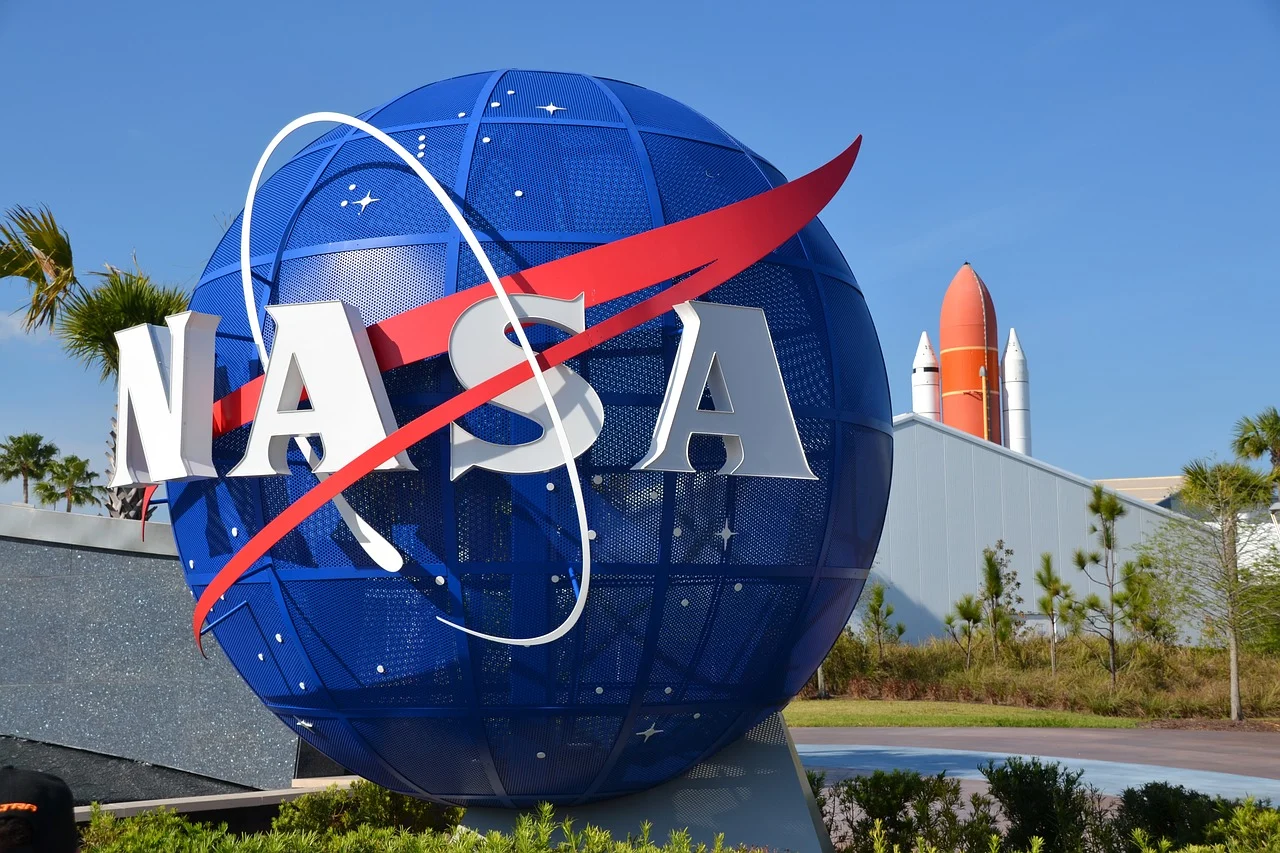Science News Roundup: NASA unveils newly returned carbon-rich asteroid sample; Ambitious research yields new atlas of human brain cells and more
A small quantity of the material collected by the OSIRIS-REx spacecraft three years ago from the near-Earth asteroid Bennu was unveiled in an auditorium at NASA's Johnson Space Center in Houston, a little more than two weeks after it was parachuted into the Utah desert. US Space Force pauses use of AI tools like ChatGPT over data security risks The U.S. Space Force has paused the use of web-based generative artificial intelligence tools like ChatGPT for its workforce over data security concerns, according to a memo seen by Reuters.

Following is a summary of current science news briefs.
NASA launches spacecraft to explore metal-rich asteroid Psyche
NASA on Friday launched a spacecraft from Florida on its way to Psyche, the largest of the several metal-rich asteroids known in our solar system and believed by scientists to be the remnant core of an ancient protoplanet, offering clues about Earth's formation. The Psyche probe, folded inside the cargo bay of a SpaceX Falcon Heavy rocket, blasted off under partly cloudy skies from NASA's Kennedy Space Center in Cape Canaveral on a planned journey 2.2 billion miles (3.5 billion km) through space. The spacecraft, roughly the size of a small van, is due to reach the asteroid in August 2029.
NASA unveils newly returned carbon-rich asteroid sample
NASA on Wednesday gave the public a first glimpse of what scientists found inside a sealed capsule that was returned to Earth last month carrying a carbon-rich soil sample scooped from an asteroid's surface, including water-bearing clay minerals. A small quantity of the material collected by the OSIRIS-REx spacecraft three years ago from the near-Earth asteroid Bennu was unveiled in an auditorium at NASA's Johnson Space Center in Houston, a little more than two weeks after it was parachuted into the Utah desert.
US Space Force pauses use of AI tools like ChatGPT over data security risks
The U.S. Space Force has paused the use of web-based generative artificial intelligence tools like ChatGPT for its workforce over data security concerns, according to a memo seen by Reuters. A memo dated Sept. 29 and addressed to Guardians, the name Space Force calls its workforce, prohibits personnel from using such AI tools including large-language models on government computers until they receive formal approval by the force's Chief Technology and Innovation Office.
Ambitious research yields new atlas of human brain cells
Examining the human brain at the cellular level in more detail than ever before, scientists have identified an enormous array of cell types - more than 3,300 - populating our most complex organ, creating an atlas that may help pinpoint the cellular basis of neurological diseases and facilitate new therapeutics. The ambitious research unveiled on Thursday also examined similarities and differences between the brains of people and other primates - chimpanzees, gorillas, rhesus monkeys and marmosets - illuminating some of the factors that separate us from our evolutionary kin and truly make us human.
Viasat says it will not replace satellite that malfunctioned
Viasat said it expects to recover less than 10% of the planned throughput on ViaSat-3 F1, its satellite that malfunctioned during deployment in July, but it was confident it could meet the needs of its customers without replacing it. The U.S. company said it had completed most of the capital cost of the ViaSat-3 constellation, and its capex would decline in its 2025 financial year to between $1.4 billion and $1.5 billion.
Explainer-What to know about Saturday's 'ring of fire' solar eclipse
Millions of people in the Americas will be in a position to witness an astronomical treat on Saturday with a solar eclipse in which - weather permitting - the moon will be seen passing in front of the sun. The eclipse is due to be visible along a path covering parts of the United States, Mexico and several countries in Central America and South America.
(With inputs from agencies.)










